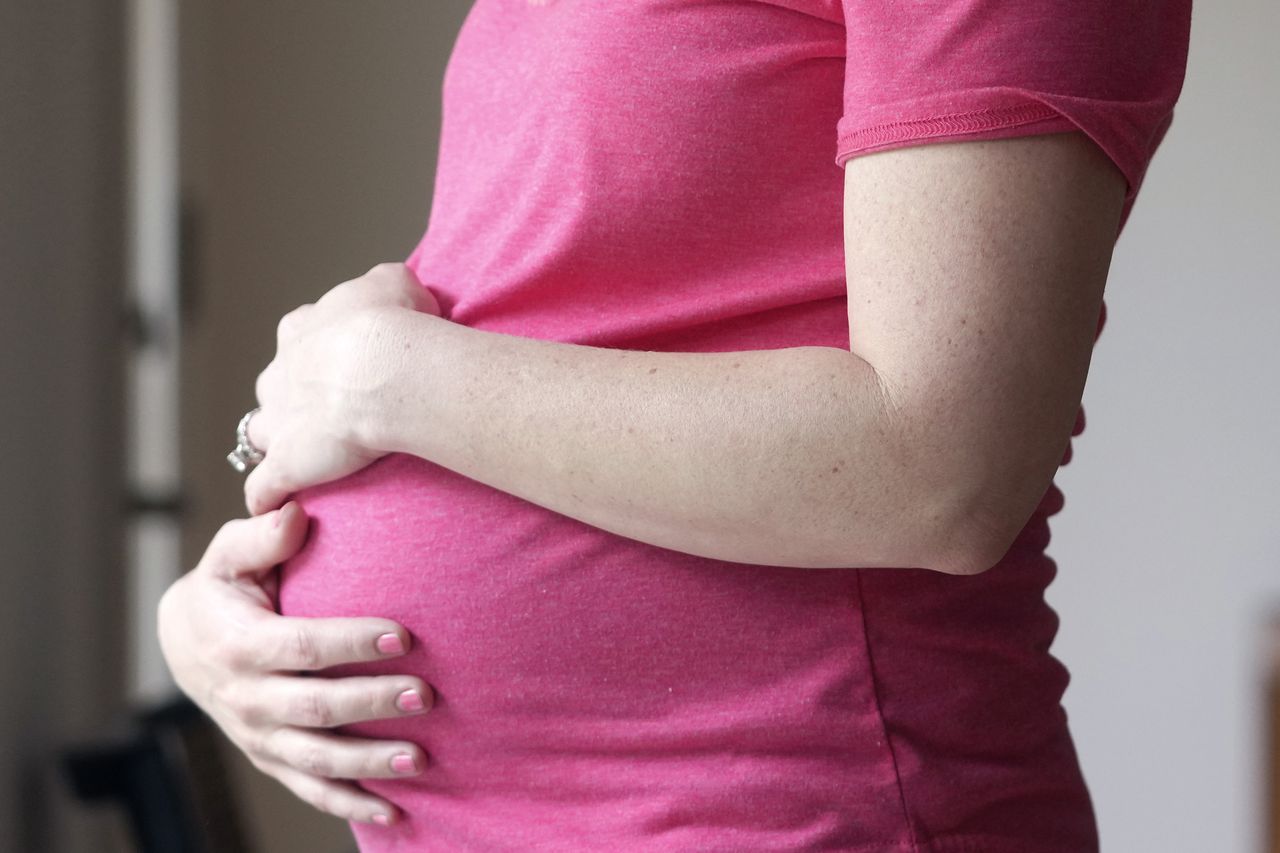As arrests of pregnant women rise, Alabama leads the way, report says
The number of arrests of women for allegedly harming their fetuses has increased sharply since 2006, and almost half those cases happened in Alabama, according to a new report by the advocacy group Pregnancy Justice.
The report followed up on prior research that found 413 criminal cases against pregnant women from 1973 to 2005. The study released today found more than four times that number, 1,396 cases, from 2006 until last year, when the U.S. Supreme Court overturned Roe v. Wade.
Alabama accounted for 649 of those cases, followed by South Carolina with 180, Tennessee with 131 and Oklahoma with 113. Authorities most often use chemical endangerment charges in Alabama, where the state supreme court ruled that a law meant to protect children from meth labs could also apply to fetuses in the womb.
“This is the most robust accounting of the criminalization of pregnant people, but it’s by no means comprehensive,” said Lourdes Rivera, president of Pregnancy Justice. “We actually think it’s an undercount, but it’s the most comprehensive baseline that we have.”
Two factors have driven the increase in criminal cases against pregnant women, Rivera said. A growing number of states have adopted fetal personhood statutes or legal decisions, which give fetuses the same rights as children who have been born. The opioid crisis also spread across the nation, affecting many communities spared during the crack epidemic that spawned the first wave of pregnancy arrests.
Those factors have also shifted the demographics of the women arrested. Nearly 80 percent of the cases tracked by Pregnancy Justice involved white women, while 18.2 percent were Black, according to the report.
“The greatest impact has been on pregnant people who are poor, who can’t afford a lawyer and are living in five Southern states, Alabama being one of them,” Rivera said.
The cases aren’t evenly spread across Alabama but tend to be concentrated in the northern part of the state and the Wiregrass region. Etowah County had the highest number of cases for any county in the country, Rivera said.
Most of them women arrested on charges of harming their fetuses in Alabama and across the nation used drugs during pregnancy, the report found. Many of those cases begin with positive drug tests at hospitals or doctors’ offices.
Women in Alabama can face felony charges of chemical endangerment even when babies are born healthy. The charge can carry between one to 10 years in prison, with even higher sentences in cases where babies are suffer an injury at birth, are stillborn or die shortly after birth.
States that have adopted harsh criminal penalties for drug use during pregnancy have gone against most major medical organizations. They recommend providing health care, prenatal care and substance use treatment instead of incarceration, Rivera said.
“I think it’s common sense that if the consequence of going to the doctor and seeking help is that you’re going to be arrested, then people are just not going to go,” Rivera said.
Many prosecutors in Alabama said they have used charges of chemical endangerment to get women into treatment programs through drug court or pre-trial intervention. Both programs offer treatment and regular drug tests, as well as the opportunity to have charges dismissed at completion.
“We’ve just seen countless women go into jails and prisons for really long term, often in really horrific conditions that put their own health at risk,” said Emma Roth, a senior staff attorney at Pregnancy Justice. “So, the notion that Alabama is not harshly punishing women, which I think is a common talking point of those who are in favor of the chemical endangerment scheme, is simply not true.”
Rivera said she expects to see the number of cases continue to rise after the reversal of Roe. Several states with personhood statutes might start moving to enforce them more frequently in cases involving pregnant women, she said.
“There are 15 states that have pretty broad fetal personhood laws that are not fully realized,” Rivera said. “And Roe was a stopgap. It was imperfect, but it was a stopgap to that. So, I think we’re going to continue to see this trend rise.”
